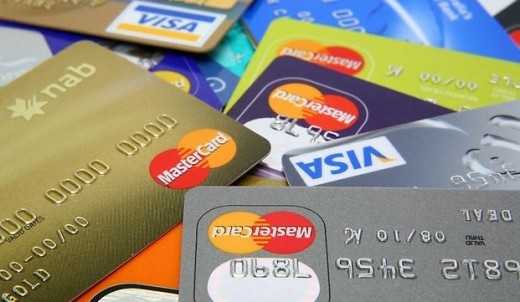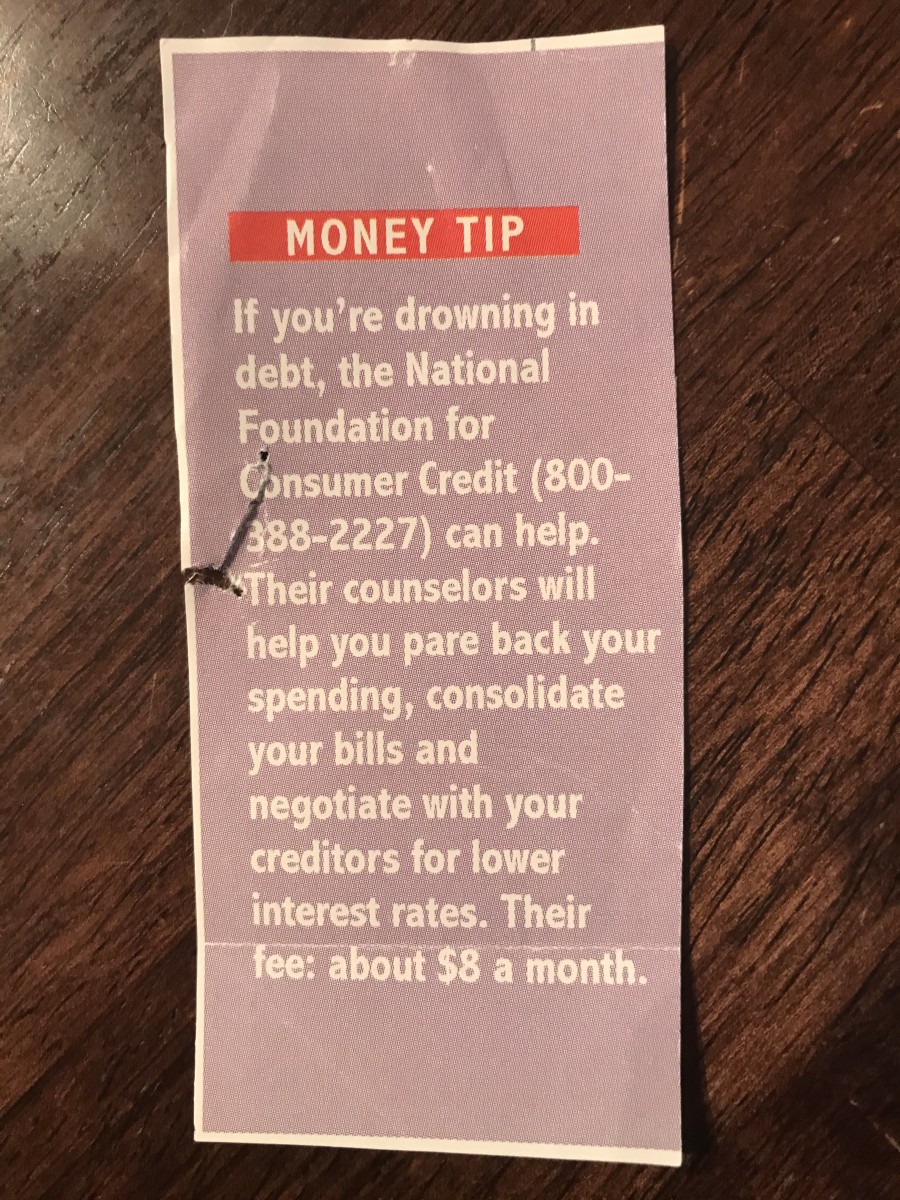Benefits of Consolidating Your Credit Card Debt

Why bother with debt consolidation? Why not just pay off your debts one by one, or just make payments on all of them individually?
Aside from crunching all your debt into one easy monthly payment, debt consolidation can speed up repayment by lowering your overall interest rate. Plus, clearing the debt on all those accounts can actually help your credit rating, even if you haven't reduced the actual amount of your debt.
Consolidating your debt cuts the number of necessary payments on that debt to one. This at least minimizes the chance you forget to pay one or more of several credit card bills. Having all your debt under one debt account instead of several vastly decreases the chances of a costly late payment (provided you make your payments on time of course).
Debt consolidation also makes it easy to keep track of where you stand with your total debt. Instead of monitoring several different balances and figuring out how this interest rate or that interest rate impacts your debt, your can easily monitor a consolidated debt load under one balance and one interest rate.
And that interest rate is usually lower than it was on those previous balances. Chances are likely that if you're even considering debt consolidation in the first place, most of your credit accounts charge relatively high interest rates. Even if a consolidated rate isn't super low, an 8-10% rate (even a 10-15% rate in some cases) could be an improvement over the rates the other accounts are charging for their respective portions of your debt. A reduced interest rate increases the amount of each monthly payment that goes toward reducing your principal balance and getting you closer to paying off the debt.
Doesn't it cost money to transfer a credit card balance?
Yes, your consolidated account gets assessed a balance transfer charge (typically 3% of the debt assumed) whenever you transfer debt to the account. But if the consolidated interest rate is a big enough savings over the previous rate, it's often worth adding the fee to the consolidated debt.
The act of transferring the balances to a consolidated account alone can help your credit. Every time you transfer a complete balance, the consolidating bank assumes the debt while paying off that balance on the previous account. The bank holding that old account sees the payment a complete payoff of the balance.
Aren't you just taking an existing debt and just moving it somewhere else?
Yes, you only took your credit card debt and put it somewhere else. But from the original bank's point of view, you paid the account balance off, improving your standing with that bank. They may reward you by raising the card's credit limit. Sure, you don't have to use the card again (maybe you already cut it up). But:
- The credit bureau will see an improved usage ratio, which improves your credit score. The creation of a new credit account may or may not increase the amount of available credit you have on record (depending on whether or not the consolidated account is another credit card, or a personal loan). But the clearance of the balance on the old account means you go from using a portion of that balance to using none of it.
- If that bank of that old account ever offers a low APR balance transfer for the account, you could use that account to re-consolidate debt if need be... in turn clearing the balance off of *another* account, further helping your standing and credit record.
In Conclusion
Credit card consolidation isn't necessarily a lateral move for debt. Consolidation simplifies the repayment process and usually reduces the amount of interest you pay, speeding up repayment. Plus the transfer process reflects well on you with the banks of your previous accounts, which can lead to better rates, higher credit limits and even special offers from creditors in the future.








